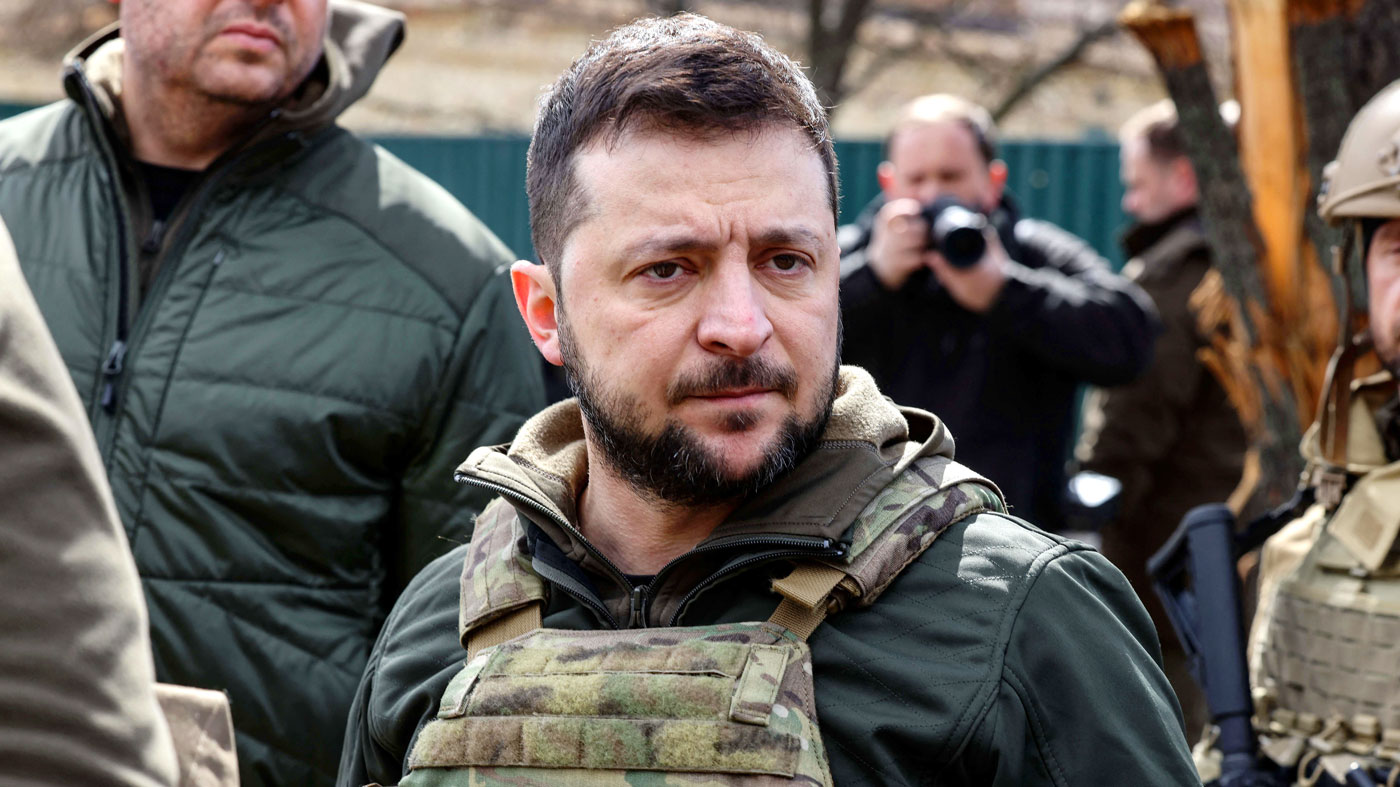Despite no sign of the war in Ukraine slowing down, thoughts have turned to the challenges and opportunities of the country’s post-war reconstruction.
Anticipation is growing among international governments, investors and businesses for lucrative contracts as part of a mammoth reconstruction effort. Earlier this month, Ukraine said it wants local companies to undertake at least 60% of the work, but international investors and companies will undoubtedly have a major role to play in a recovery programme that could end up costing over a trillion dollars.
Understandably, those involved in this process are expected to uphold principles of Ukrainian statehood and sovereignty. A Dutch envoy tasked with growing the role of Dutch businesses in Ukraine’s reconstruction had to step down this weekend over his claim in a newly published book that in “reality”, Ukrainians and Russians are one and the same people. While his claims don’t amount to an endorsement of Russian actions in Ukraine, the envoy apparently recognised that with his views known, he could not credibly continue in his post.
His case indicates a requirement for ideological clarity among those helping Ukraine’s reconstruction. But while unequivocal commitment to Ukrainian sovereignty is expected from individuals, few questions are asked about the motivations of much bigger players in the effort.
Giants of the investment and banking worlds such as BlackRock and JPMorgan Chase are already closely involved — BlackRock is helping in “designing an investment framework” for reconstruction, while JPMorgan is advising on rebuilding, financial stabilisation and economic ties to Europe. Meanwhile, the European Investment Bank recently approved an initiative to help finance reconstruction, and various foreign governments are keen to help their companies access Ukrainian projects in everything from transport and energy to housing and agriculture.
Yet any potential dissonance, from the perspective of national sovereignty, between large investors’ desire to support an independent Ukraine and the influence they will gain in the country by doing so receives little attention.
Ukrainian President Volodymyr Zelenskyy acknowledges that there are conditions for doing good in Ukraine, telling an investors’ summit “we want you to invest in Ukraine and earn money.” With “ESG” (Environmental, Social and Governance) principles dominating the world of big business and finance, investors are familiar with the importance of profitability to moral causes. Helping to rebuild Ukraine has already been described as “the ultimate ESG play”, with investors urged to “consider the positive ESG spin.”
And while gaining profits and prestige from the reconstruction of Ukraine, large investors will also gain political influence. Ukraine may have to adapt its regulatory environment to reflect a new dependency on foreign investment, and there is growing excitement about new opportunities for international investors, such as potential reforms to facilitate foreign involvement in Ukraine’s enormous agricultural sector.
Meanwhile, political actors will also bring their own agendas to bear in Ukraine’s reconstruction. The European Union is positioning itself to play a leading role, with Commission President Ursula von der Leyen stating that “investments will go hand-in-hand with reforms that will support Ukraine in pursuing its European path.” Like other governments and institutions, the EU will encourage investments that tie in with its own goals: the potential for a rebuilt Ukraine to “support the green transition of Europe” is already being breathlessly discussed by some.
After putting an end to gross Russian violations of its national sovereignty, Ukraine will have to face up to the political risks inherent in its reconstruction. Controversial opinions among individuals tasked with helping this cause will pale into insignificance compared to the worrying influence which international bodies look set to gain over Ukraine’s future.










Join the discussion
Join like minded readers that support our journalism by becoming a paid subscriber
To join the discussion in the comments, become a paid subscriber.
Join like minded readers that support our journalism, read unlimited articles and enjoy other subscriber-only benefits.
Subscribe